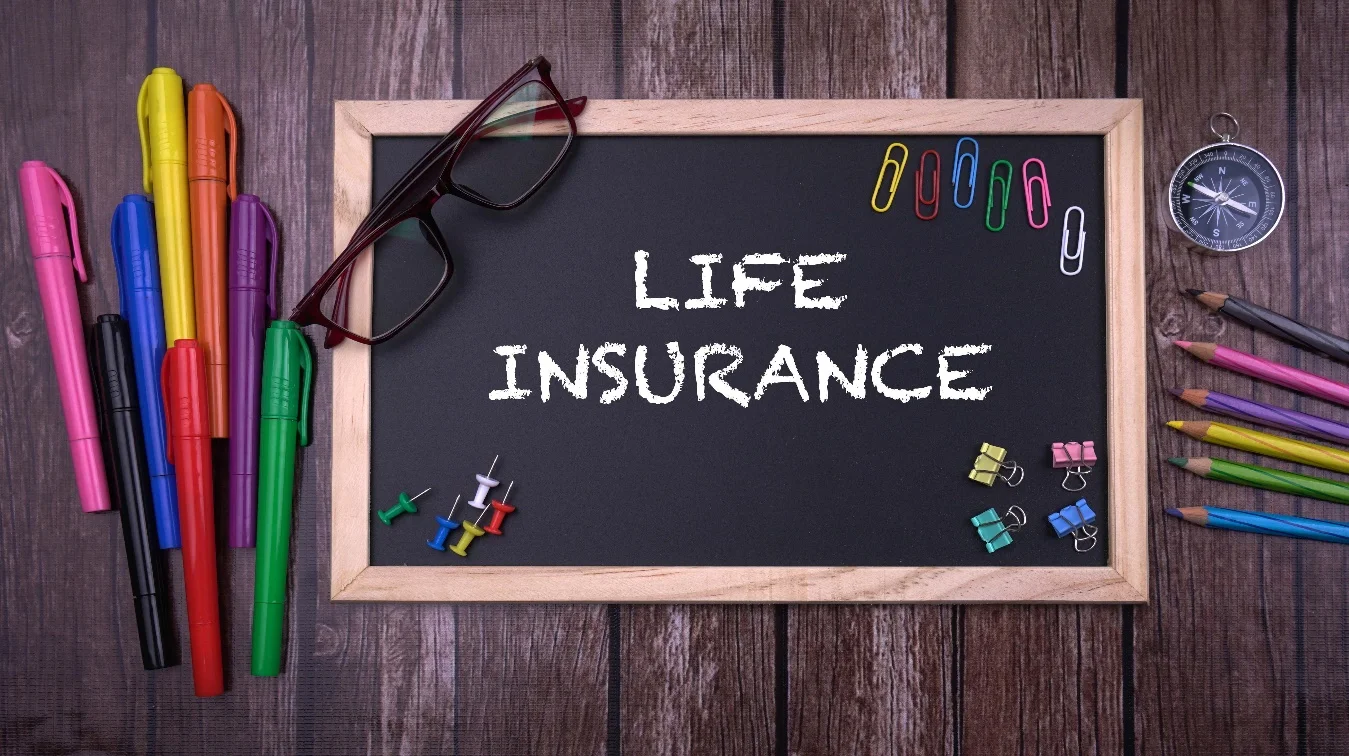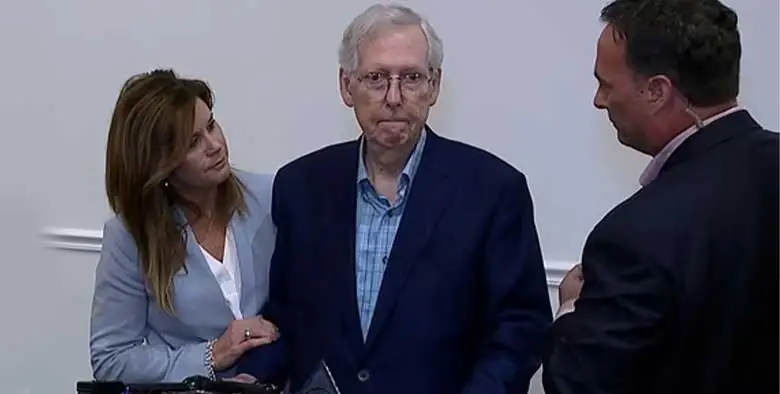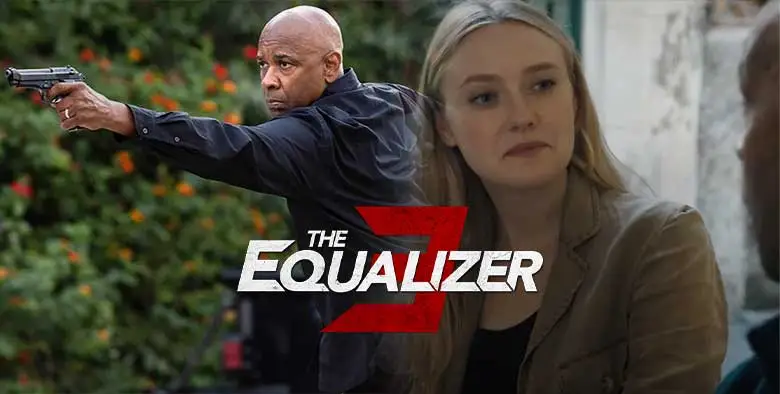6 Common Mistakes to Avoid While Buying a Term Insurance Policy
Term insurance today is an imperative investment that a person has to make in order to protect themselves from financial duress in difficult times. The process of choosing a term insurance plan is often daunting for a new policyholder who may struggle to navigate the complexities and conditions that are within the structure of a standard insurance plan.
So, what is Term Insurance?
A term plan insurance is made to sufficiently cover the financial requirements of the insured and their dependents through an assured benefit sum in the event of the policyholder's demise.
Today, the insurance market is replete with options for people across all economic statuses; the requisites for each are vastly different from one another. Different factors such as lifestyle, health conditions, age, and income determine the choice of a term insurance plan. These policies vary in price and coverage extent, which may confuse many prospective policyholders.
This can often lead to ill-informed or rushed term insurance plan choices that may not be well suited to a policyholder, or the policyholder may have missed out on essential features that they needed to add.
Hence let us read through the six common mistakes to avoid while buying a term insurance policy:
1. Delay:
The fundamental mistake a person can make is delaying their purchase of a term insurance plan or life insurance till they are middle-aged. It is a misconception that one only requires term insurance when they are well past their younger years and only once they have dependents such as a spouse or children.
A detriment of buying term plan insurance at an older age is the high cost of premiums, as a person is most likely to have illnesses or ailments at this age rather than at a young age. Buying a prolonged term insurance plan in one's mid-twenties is the ideal decision, as the cost of premiums is significantly less, and one can alter their terms of coverage once they have major life developments such as a marriage or a child.
2. Inadequate Term Cover:
One of the first things a prospective policyholder should do is determine their net value as an individual before choosing a coverage under any term insurance plan. The cumulative figure that one gets when they calculate their net salary and their debt liabilities as a total is called the human life value of a policyholder.
It is an essential figure to calculate, as it helps navigate a policyholder through their assets and loans and gives them better visibility in regards to their financial choices. If a policyholder chooses to proceed with a term plan insurance that does not cover and goes at least eight times beyond their human life value, then that coverage sum will fail to fulfil the financial obligations left behind by the policyholder and the added expenses the beneficiaries may fail to meet. This can lead to unnecessary distress.
3. Shorter Policy Term:
In the pursuit of choosing an inexpensive term insurance plan that has low premiums, a policyholder may compromise on a shorter policy term that does not cover them for the standard 25-30 years but lesser. This can be an attractive choice at first, but it comprises the main goal of a term plan which is to provide extended coverage for a person till they are much older in life.
In the event that a short-term insurance plan ends at the middle ages of a person's lifetime, one may have to invest in a new plan which will have higher premiums due to the age of the policyholder. Hence a person should always choose a term insurance plan that covers them till the financially vulnerable points of their future, such as retirement and even old age.
4. Offline Purchase:
A prospective policyholder may miss out on many companies’ offers and supplementary incentives on an insurance provider's website if they choose to restrict themselves to the conventional, offline in-person consultations. Today, many online resources are available for people to compare and purchase term insurance plans and even identify special plan features that they may not have discovered through in-person interactions. Therefore, one should go to the website of the policy providers and learn in detail about the plans they offer.
5. Failing to Disclose Health Conditions:
The premiums on term insurance plans for younger and individuals without any pre-existing medical conditions is lower than that of older and more medically vulnerable people. Hence this often leads people to choose not to disclose their condition to the insurance providers at the time of purchasing an insurance plan. This is detrimental in the long run, for if the policyholder passes away and their death is determined to have been caused by the aforementioned undisclosed condition, the insurance provider will refuse the claim.
This can be especially difficult for the surviving beneficiaries of the deceased policyholder, as they will not have any financial resources to maintain their expenses in the policyholder's absence, leading to added distress.
However, it is best to go through IRDAI’s guidelines on settlement of death claims for added clarity on the process.
6. Conflating with Investments:
Term insurance plans do offer a host of tax benefits that can come across as lucrative to investors, but above all, it is a protective measure. Hence, one should purchase an insurance plan with a focus on their dependents and their futures in case of the policyholder's demise.
Purchasing a term insurance plan can be a daunting process, but with the correct tools and resources at hand, a person can avoid any of the aforementioned mistakes and be secure about their future.
For additional guidance, you can reach out to financial advisors from insurance providers such as Max Life Insurance, who are adept at helping you identify the ideal policy or a combined solution that covers every possibility or eventuality that may arise.












